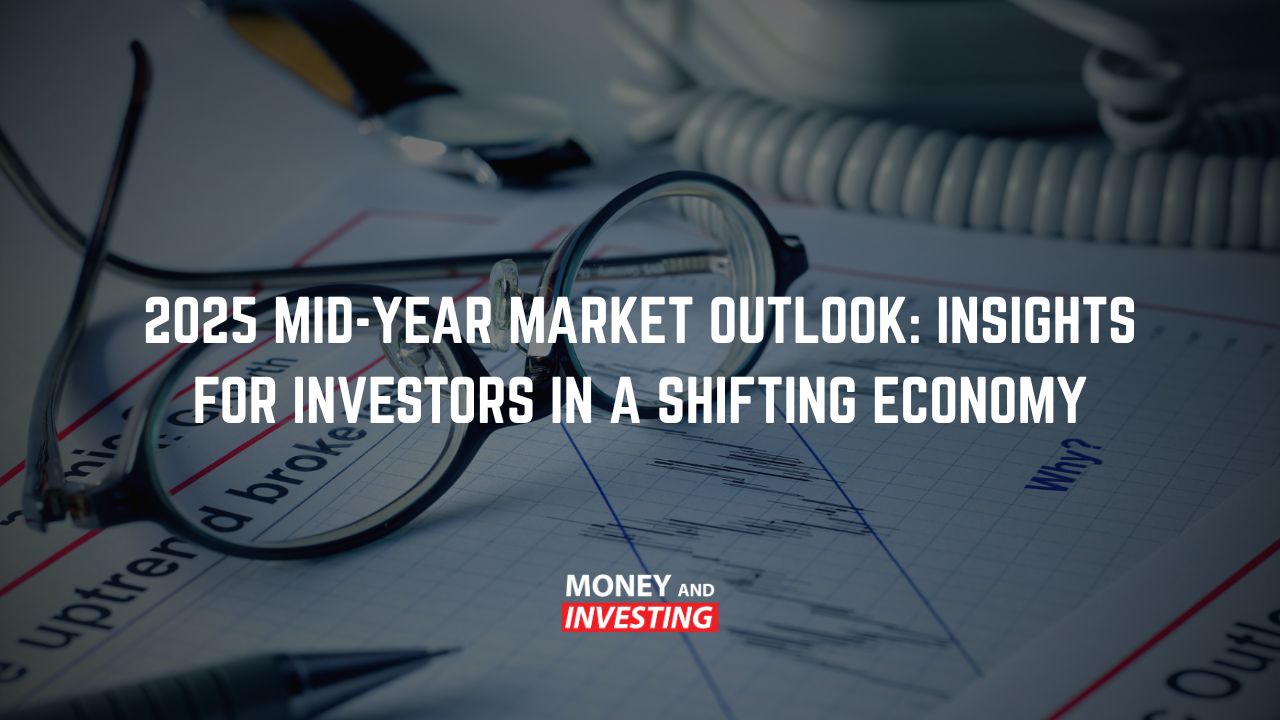Just like most things in life, there are many myths and misbeliefs surrounding the stock market. If you’re one of those people who think investing is like ‘gambling’ or that the stock market is only for people on Wall St, here are the 5 biggest stock market myths – Debunked!
Myth #1: Investing is like gambling
False. If you think about gambling – you put down a stake and if you are right you win the payout figure on that stake, and if you are wrong you lose the whole lot. Unlike gambling, within the stock market your risk should be managed to a level where you don’t lose everything in one trade, through a stop loss or use of a put option as Andrew Baxter teaches through Australian Investment Education.
Yes, you may take some bark off through trading the stock market, however, you aren’t really going to lose everything given it’s so incredibly rare that a stock price will fall to zero. The best investment you can make is in your education is understanding risk management. Taking out the ‘gambling’ connotation to the stock market is crucial.
Myth #2: Short selling drives prices downwards
For those who don’t understand what short selling is – it’s basically like borrowing something of someone else, selling it at a higher price, and buying it back to return to the owner at a lower price. The difference between prices is your profit. Due to the fact that short selling occurs without actually owning the stock, many people have the misbelief that it drives stock prices downwards – false.
The only way you can manage risk when short selling is to create a put option in the broader market – meaning those who actually own the shares can protect their risk. If short selling didn’t exist – neither would put options, meaning that risk management wouldn’t exist. If investors don’t have the ability to manage risk, that stock is sold ASAP! Essentially, short selling maintains market equilibrium and at times, has the opposite effect to what many believe as a common myth.
Myth #3: Investing in IPO’s makes you rich
False. There are good IPO’s and there are certainly bad IPO’s. You have the price dictated to you by the underwriting investment bank that’s managing the IPO vs. investing in a stock that is already trading where the market has dictated the fair price for you.
Often, these IPO prices are further away from fair than what most people believe, and for that reason, they often won’t make you as rich as you once thought. Let’s take Uber and Lucking Coffee as examples – since their IPO’s those stocks are down somewhat 61% and 93% respectively. Rich? We wouldn’t say so.
Myth #4: You need lots of money to invest
This one is definitely a myth – you don’t need lots of money, you just need to actually start. In Andrews experience, working with smaller amounts of capital can actually be an advantage – as getting in and out of positions is easy, you’ll pay less in fees, and you may even become nimbler by getting better fills.
When you start working with millions and millions of dollars, doing all of the above can be extremely difficult when every trade you make manipulates the market. And despite what many people believe, getting started is actually easier than you think. Simply setting up a trading account and plonking some money into something like an Index tracker is where host Andrew Baxter recommends kicking things off.
Myth #5: Buy low, sell high
Often, the common myth is that in share trading this is the only way to make money – which just simply isn’t true. Picking the tops and bottoms of markets is something that even the most advanced technical analysts at the world’s largest investment banks struggle to do on a consistent basis. Using a robust analysis system along with some clever work in the options market will put you much further ahead, non-reliant on picking dips and highs.
Bonus – Myth #6: The stock market is only for ‘Big Boys’ on wall St.
The connotation of Wall St. relates specifically to firms and traders working in the investment banking space. These are the guys who are running quant desks, algorithmic trading, high frequency trading and the rest of it to gain an edge in the market. Do you have to harness these skills to make money? The answer is no. The trick is finding a strategy that works for you and your investment profile to formulate some level of consistency with the goal of achieving the results that YOU desire.
Only chase returns that you feel are commensurate with your risk profile – you’re only running a race against yourself when it comes to playing in the stock market and Wall St. is playing its own game. Anyone can make money in the stock market, as long as they are open and willing to learn the process to equip themselves with the relevant skillset. If that’s you – check out Australian Investment Education to start.



